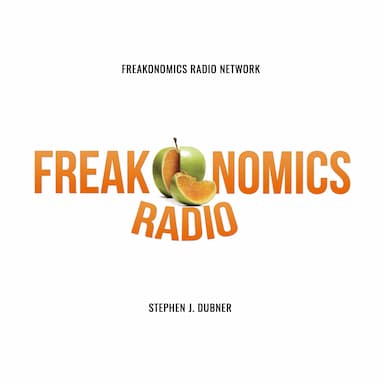
589. Why Has the Opioid Crisis Lasted So Long?
Mark as played
Share
About the episode
Most epidemics flare up, do their damage, and fade away. This one has been raging for almost 30 years. To find out why, it’s time to ask some uncomfortable questions. (Part one of a two-part series.) SOURCES:David Cutler, professor of economics at Harvard University.Travis Donahoe, professor of health policy and management at the University of Pittsburgh.Keith Humphreys, professor of psychiatry and behavioral sciences at Stanford University.Stephen Loyd, chief medical officer of Cedar Recovery and chair of the Tennessee Opioid Abatement Council. RESOURCES:"Thick Market Externalities and the Persistence of the Opioid Epidemic," by David Cutler and J. Travis Donahoe (NBER Working Paper, 2024)."Responding to the Opioid Crisis in North America and Beyond: Recommendations of the Stanford-Lancet Commission," by Keith Humphreys, Chelsea L. Shover, Christine Timko, et al. (The Lancet, 2022)."When Innovation Goes Wrong: Technological Regress and the Opioid Epidemic," by David Cutler and Edward Glaeser (Journal of Economic Perspectives, 2021). EXTRAS:"Nuclear Power Isn’t Perfect. Is It Good Enough?" by Freakonomics Radio (2022)."The Opioid Tragedy, Part 2: 'It’s Not a Death Sentence,'" by Freakonomics Radio (2020)."The Opioid Tragedy, Part 1: 'We’ve Addicted an Entire Generation,'" by Freakonomics Radio (2020).
